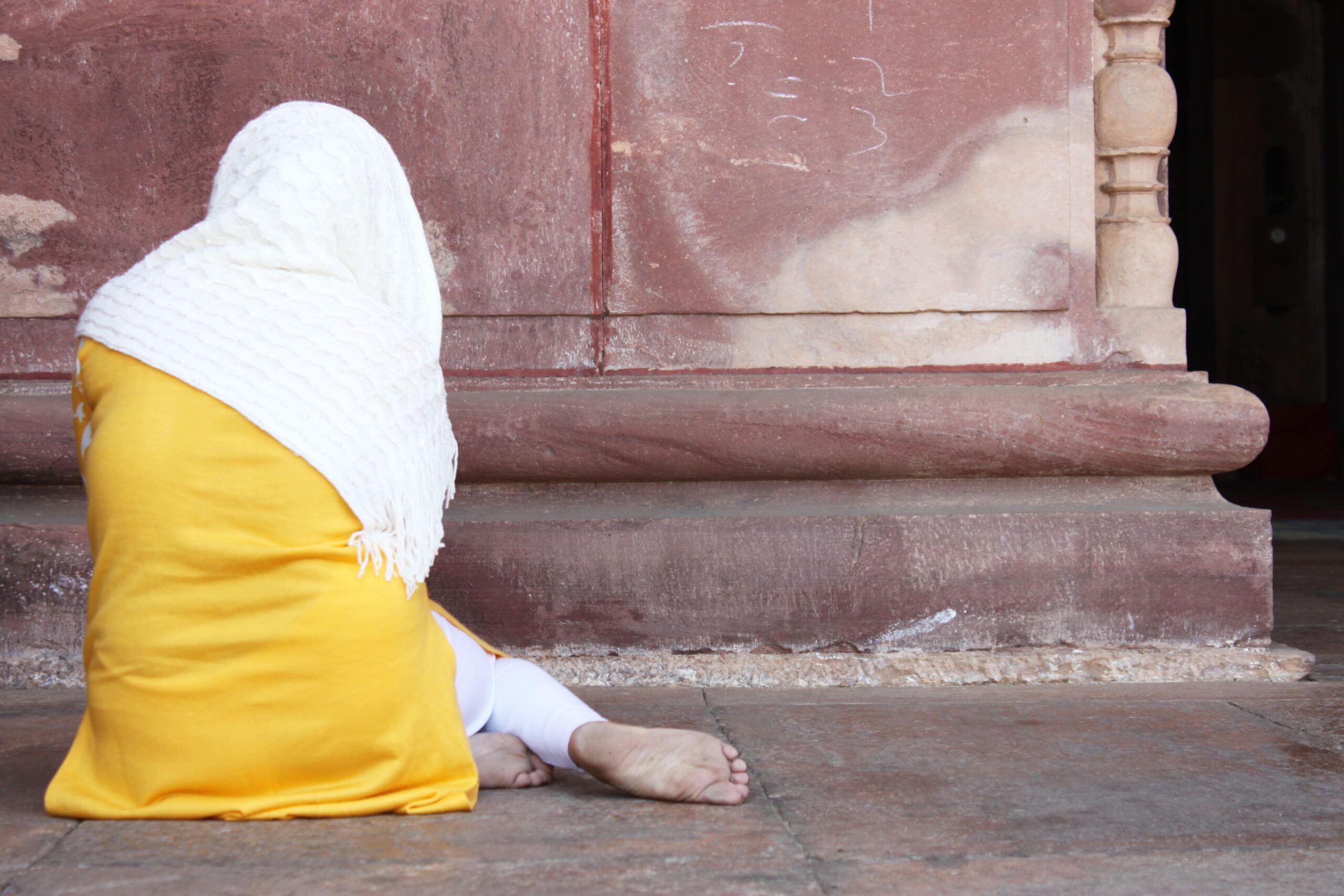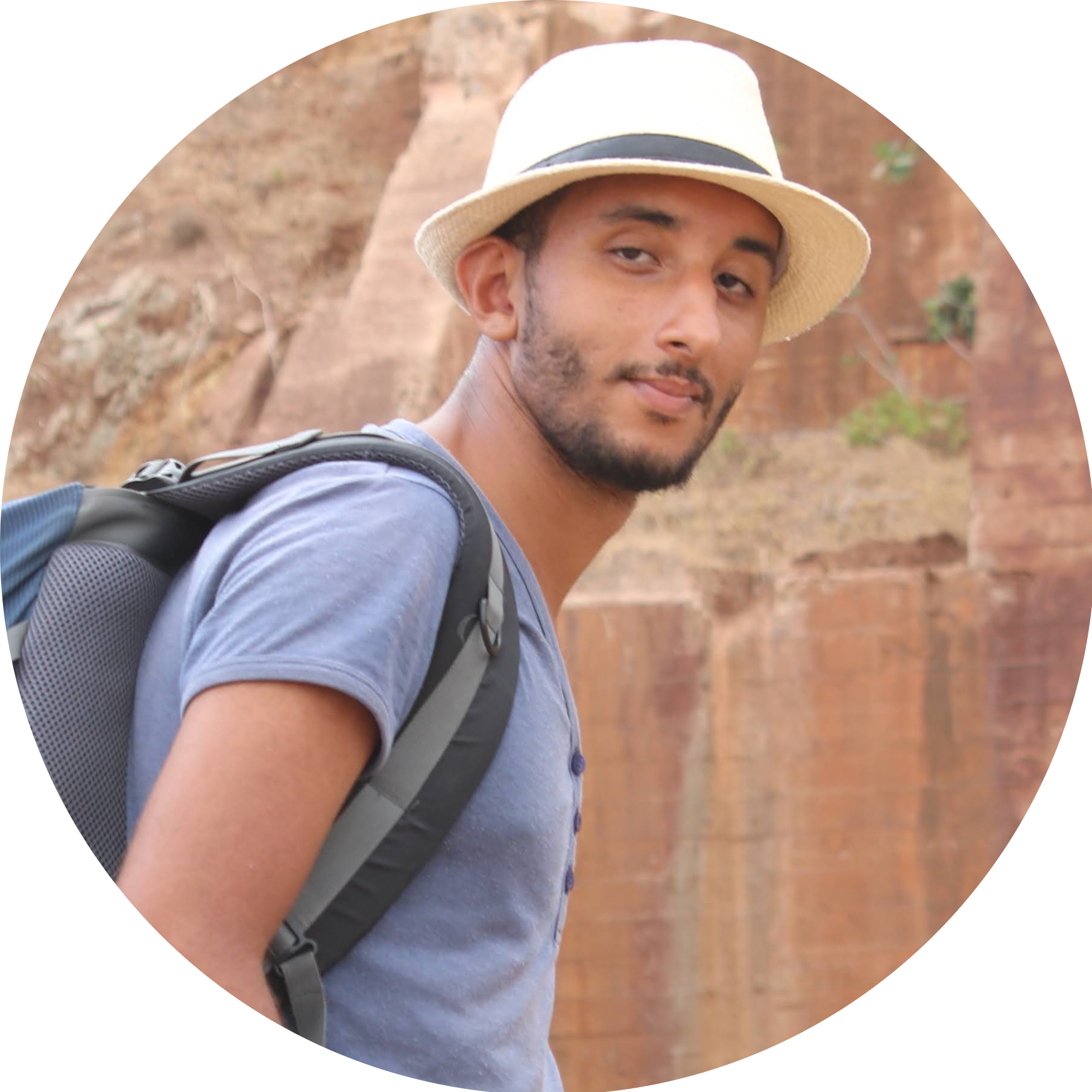Religion in Morocco: Through Faith and Tradition

- By: Ayoub
- Comments (0)
- Oct 23
Islam in Morocco
Islam, as the state religion, shapes the cultural identity and daily life of Morocco. The majority of Moroccans follow Sunni Islam, specifically the Maliki school of thought, which influences laws and social customs. Visitors will quickly notice how Islam is woven into everyday life, from the architecture to the way people interact.
One of the most recognizable aspects of Islam in Morocco is the call to prayer, or adhan, heard five times a day from mosques. This melodic call marks moments for reflection and devotion, creating a unique atmosphere for tourists, especially at dawn or dusk.
Mosques and Religious Sites
Morocco’s Islamic architecture draws admiration from visitors, particularly its mosques. Two iconic mosques are the Hassan II Mosque in Casablanca and the Koutoubia Mosque in Marrakech. The Hassan II Mosque, perched by the Atlantic Ocean, is one of the largest in the world. Unlike most mosques in Morocco, it welcomes non-Muslims for guided tours, allowing them to appreciate its towering minaret (the tallest in Africa) and intricate mosaics.
Understanding Religious Life
Fridays hold special significance in Morocco due to Jumu’ah, the Friday prayers. Many businesses close temporarily during midday prayer, and travelers should plan their activities around this.
Islamic festivals are celebrated enthusiastically across the country, offering tourists a deeper insight into Moroccan culture. Ramadan, the holy month of fasting, is a particularly unique experience. Muslims fast from sunrise to sunset, and many restaurants close during the day. After sunset, the streets come alive, and visitors are often invited to join locals for Ftour (the meal to break the fast), an expression of Moroccan hospitality. Major celebrations like Eid al-Fitr (marking the end of Ramadan) and Eid al-Adha (the Festival of Sacrifice) showcase Morocco’s strong sense of community.
Sufism in Morocco
Sufism, the mystical branch of Islam, holds an essential place in Moroccan society. It emphasizes values of peace, tolerance, and love for humanity, mirroring Morocco’s broader religious harmony. Sufi orders, known as Tariqas, are common throughout the country, focusing on meditation and spiritual connection.
Sufi gatherings, known as Moussem, celebrate spirituality with music, poetry, and communal prayer. These events, often held at Sufi shrines (Zaouias), attract followers and curious visitors alike. One notable Sufi order in Morocco is the Qadiri Boutchichi order, known for promoting peaceful coexistence and interfaith harmony.
Judaism in Morocco: A Rich Heritage
Morocco has a deep-rooted Jewish history spanning over 2,000 years. Although many Jews emigrated in the 20th century, their contributions to Moroccan culture, economy, and society remain strong.
Jewish Communities and Sacred Sites
-
- Essaouira, formerly Mogador, once had a significant Jewish population, making up nearly half the city’s residents in the 19th century. This peaceful coexistence between Jews and Muslims is reflected in sites like the Slat Lkahal synagogue and the Pinto Synagogue, named after Rabbi Haim Pinto, a revered Jewish figure whose tomb attracts pilgrims from around the world.
-
- Sefrou, near Fez, is another example of Jewish-Muslim harmony. For centuries, Jews and Muslims lived side by side, sharing neighborhoods and schools. The city, rich in Jewish heritage, was home to one of Morocco’s largest Jewish communities.
-
- Ouazzane, often overlooked, is another important religious site for Jews. It houses the tomb of Rabbi Amram ben Diwan, a pilgrimage destination for Moroccan Jews.
In many Moroccan cities, you will find the Mellah, the traditional Jewish quarter. The Mellah in cities like Marrakech, Fez, and Casablanca offer glimpses into the lives of Moroccan Jews, including their homes, synagogues, and businesses.
Christianity in Morocco
Although Islam dominates Moroccan religious life, Christianity also has a long history here, dating back to Roman times. Churches in Morocco, particularly in Casablanca, Tangier, and Rabat, continue to serve local Christian communities today.
Two notable churches include:
-
- Notre-Dame de Lourdes in Casablanca, famed for its towering stained-glass windows.
-
- St. Peter’s Cathedral in Rabat, where services are still held for the Christian community.
These churches symbolize Morocco’s tradition of religious tolerance and coexistence.
Religious Tolerance: A Moroccan Signature
Morocco has long been known for its religious tolerance, where Jews and Muslims coexisted peacefully for centuries. They shared daily life, celebrated each other’s festivals, and created a multicultural society. This spirit of tolerance is still cherished today.
In cities like Fes, Meknes, and Tangier, the shared history of Jews and Muslims is visible in everything from food to architecture. Walking through the old neighborhoods of the Mellah offers a living testament to Morocco’s multicultural past.
Morocco’s openness to religious diversity goes beyond Judaism and Islam. The Moroccan Constitution guarantees freedom of worship, and King Mohammed VI continues to advocate for religious dialogue and harmony.
Respecting Religious Customs
While Morocco is welcoming and tolerant, visitors should respect local customs. Here are a few tips to keep in mind:
-
- Modest dress is appreciated, especially when visiting religious sites. Women should consider covering their shoulders, and men should avoid wearing shorts in religious settings.
-
- Public displays of affection are discouraged, particularly near religious institutions.
-
- If visiting during Ramadan, be mindful of locals fasting during daylight hours. Avoid eating, drinking, or smoking in public during the day.
By observing these customs, you will not only show respect but also enhance your experience, engaging more deeply with Morocco’s rich religious heritage.
For personalized local advice or any questions before your trip, feel free to contact me. I’m here to make your Moroccan journey as smooth and enriching as possible!











